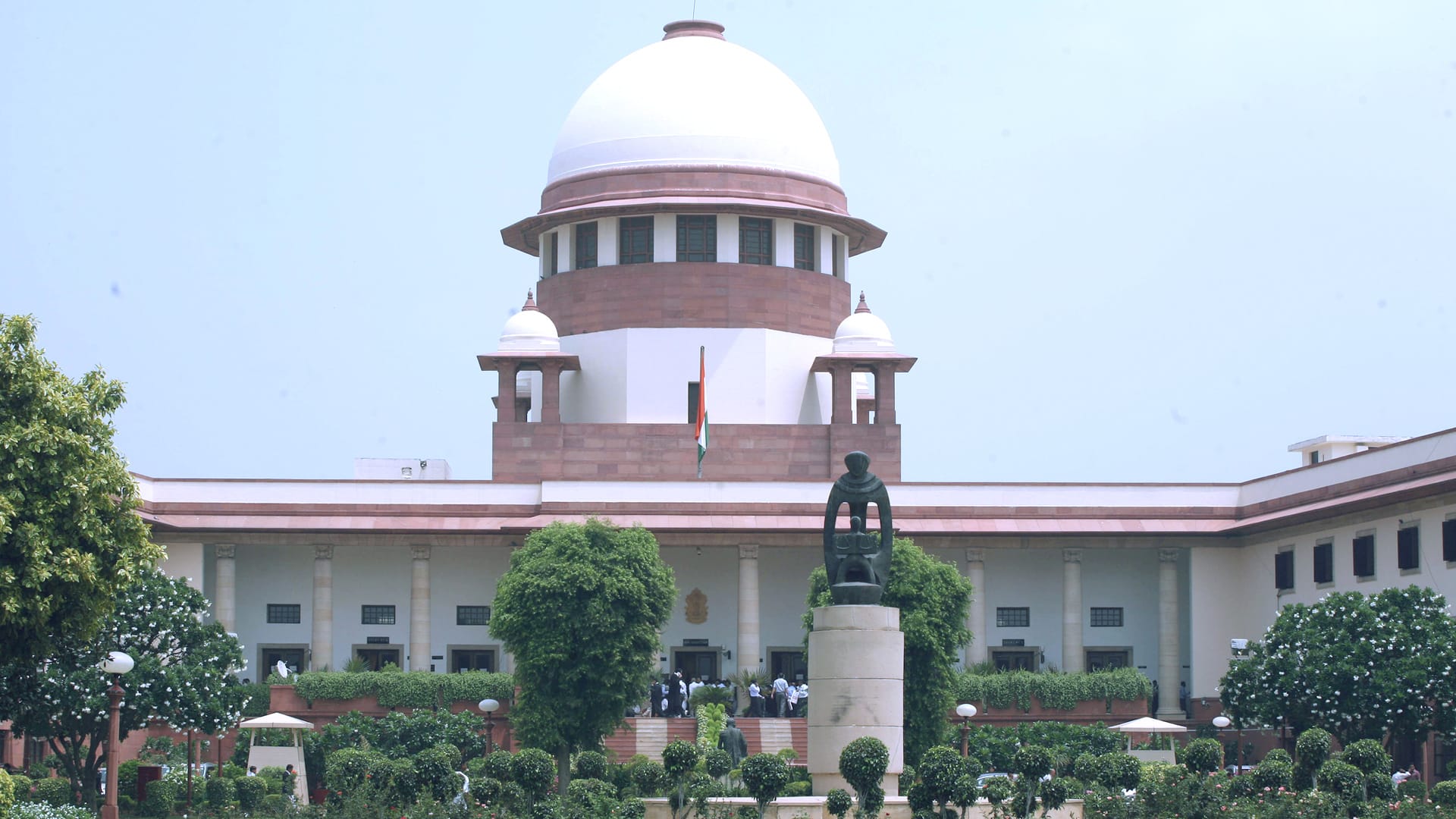The Supreme Court-appointed committee on farms laws issue on Tuesday said it held consultations with agro-processing industries including ITC and Amul on the legislations. This is the sixth meeting the panel has held so far. The three-member committee is holding consultations with stakeholders both through the online mode and in person. In a statement, the committee said it held interactions with various agro-processing industries, associations and procurement agencies on Tuesday. Amid the agitation by farmers who are camping on Delhi’s borders since November end, the Supreme Court had on January 12 stayed the implementation of the three contentious farm laws for two months and asked the committee to submit a report after consulting the stakeholders during this period.
In total, 18 different stakeholder organisations participated through video conference in the detailed deliberation with the committee members, the panel said. These stakeholders included Amul, ITC, Suguna Foods, Venkateshwara Hatcheries, industry bodies CII and FICCI, as well as state-run Food Corporation of India, Agricultural and Processed Food Products Export Development Authority (APEDA) Among sector-specific associations, Horticulture Produce Exporters Association, Seafood Exporters Association, All India Rice Miller Association, All India Rice Exporters Association, Tractor Manufacture Association, Cotton Association of India, Fertiliser Association of India, India Pulses and Grain Association and All India Poultry Feed Manufacturer Association participated in the deliberations. Representatives of the Marine Products Export Development Authority (MPEDA) participated in the meeting in person.
“All the stakeholder participants gave their detailed views and valuable suggestions on the three farm laws,” the committee said in the statement. Thousands of farmers, especially from Punjab, Haryana and parts of Uttar Pradesh, have been camping at Delhi’s borders for over two months now seeking the repeal of the new laws introduced by the Centre last year, claiming they were pro-corporate and could weaken the mandi system. The 11 rounds of the talks between the Centre and 41 protesting farmer unions have failed to end the deadlock even though the former has offered concessions including suspension of the legislations for 18 months which the unions have rejected.


